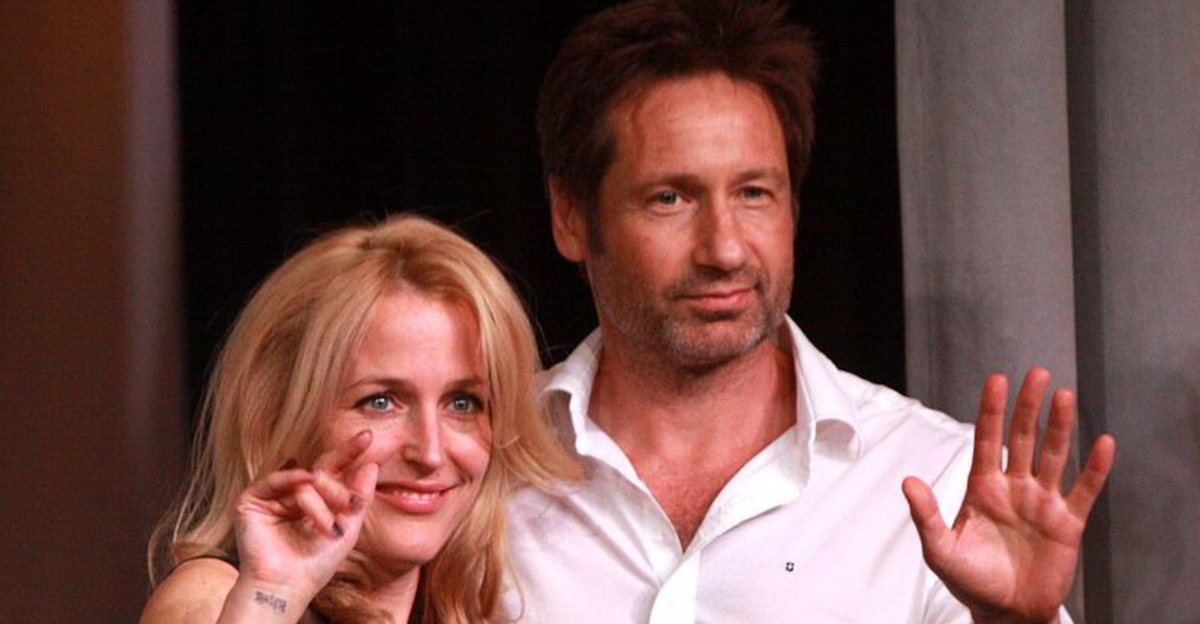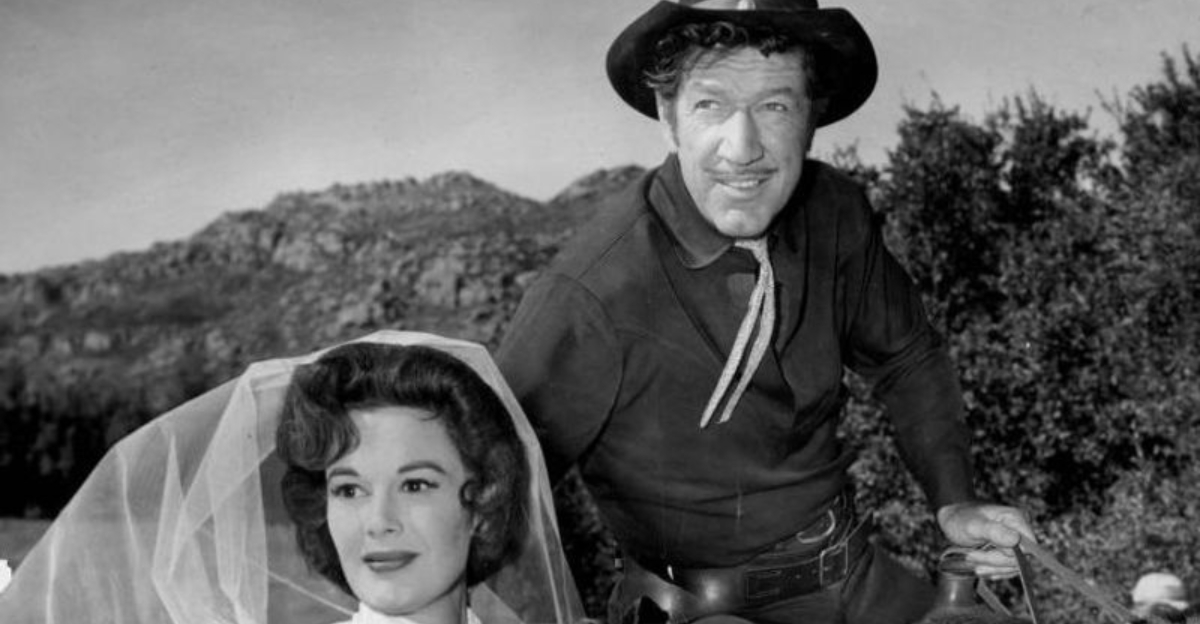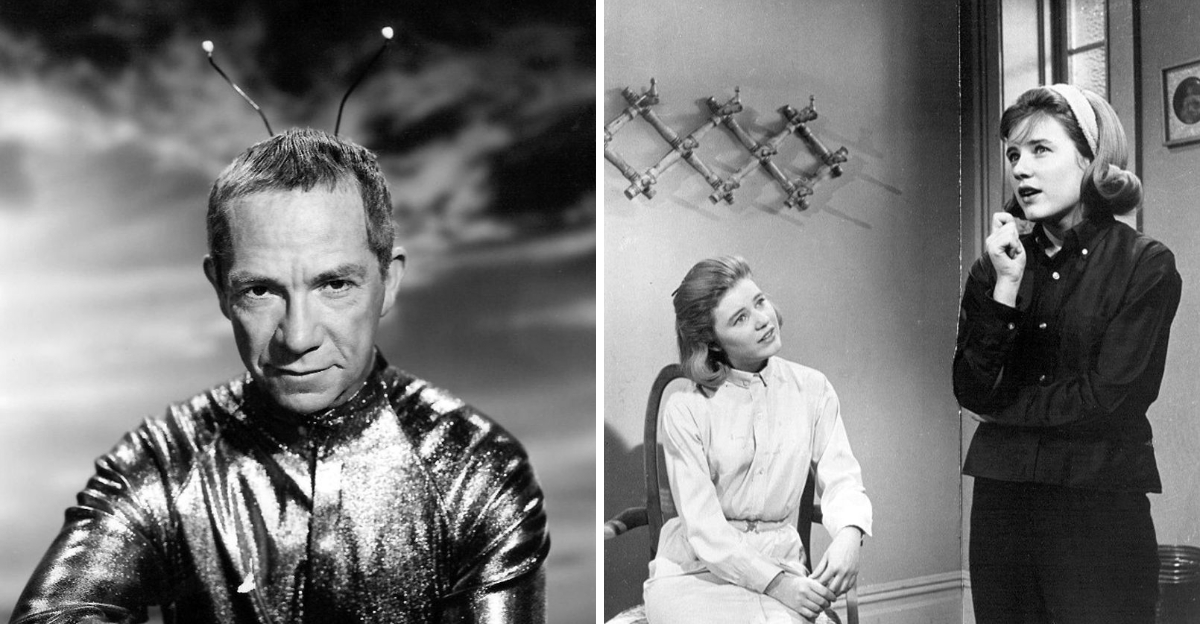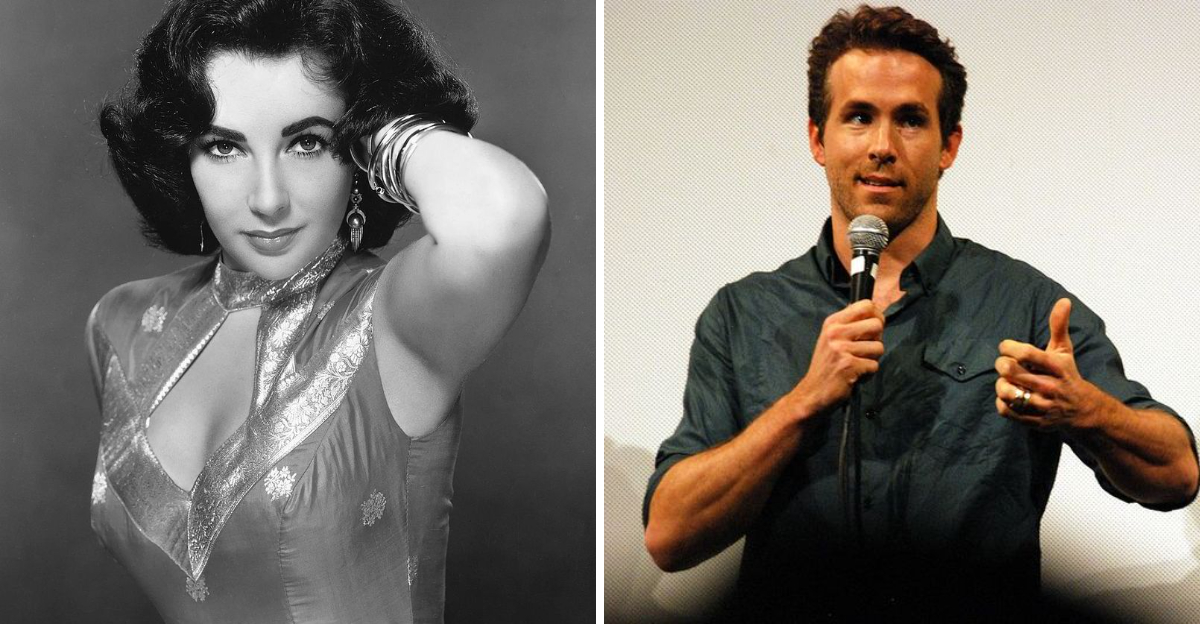15 Music Legends Who Secretly Loathed Their Most Popular Hits
Ever wonder if your favorite musicians actually love the songs you blast on repeat?
Surprisingly, some of the biggest music legends in history absolutely despised their most famous tracks.
From rock icons to pop superstars, these artists grew tired of performing the same hits over and over, wishing fans would appreciate their deeper work instead.
1. Kurt Cobain – Smells Like Teen Spirit

Nirvana’s frontman felt trapped by his own success. When “Smells Like Teen Spirit” exploded onto MTV, Kurt watched his anti-establishment anthem become exactly what he hated: a mainstream commodity.
He grew so frustrated with the song that he’d sometimes refuse to play it at concerts.
The irony wasn’t lost on him – his rebellion against commercialism had become the ultimate commercial success, betraying everything he stood for in the grunge movement.
2. Robert Plant – Stairway to Heaven

Imagine singing the same eight-minute epic for decades. Plant’s golden voice made “Stairway to Heaven” legendary, but he eventually grew weary of its endless requests.
At one point, he actually banned the song from his solo concerts! The Led Zeppelin vocalist wanted audiences to explore his newer material rather than constantly dwelling on past glories.
3. Madonna – Like a Virgin

Material Girl herself had complicated feelings about this breakthrough hit. While “Like a Virgin” catapulted her to superstardom in 1984, Madonna later admitted the song felt juvenile and limiting.
She worried it overshadowed her artistic evolution and intelligence.
Throughout her career, she’s actively tried distancing herself from its bubblegum image, preferring to be recognized for her boundary-pushing artistry and cultural impact instead.
4. Radiohead – Creep
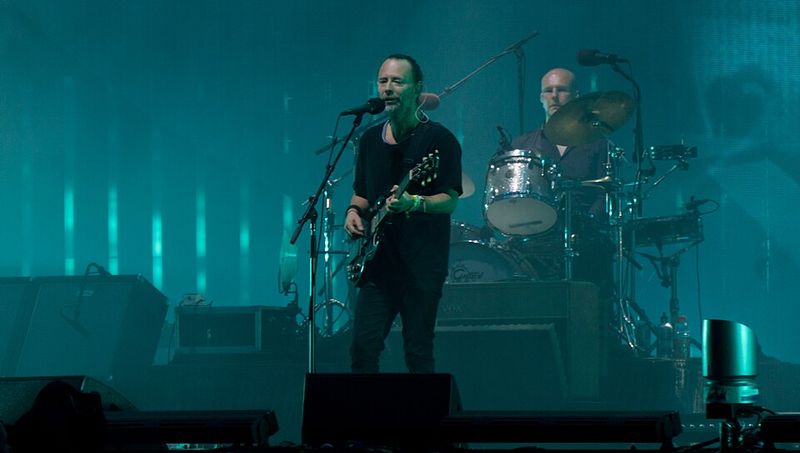
This melancholic anthem about alienation became Radiohead’s albatross. The band felt “Creep” didn’t represent their experimental, complex musical identity at all.
Thom Yorke and company even stopped performing it for years, frustrated that casual fans only knew them for this one angsty track.
They’d crafted entire albums of intricate, innovative soundscapes, yet audiences kept screaming for the same three-chord song from 1992.
5. Billy Joel – We Didn’t Start the Fire
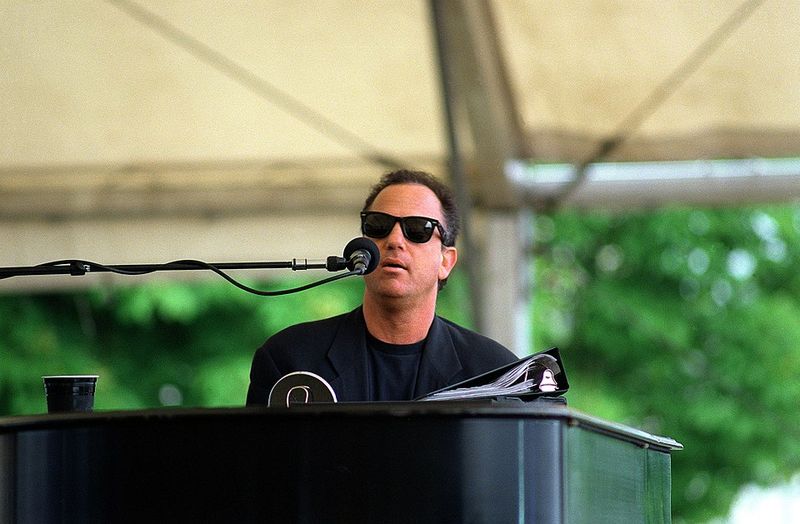
What happens when a history lesson becomes your biggest hit? Billy Joel created this rapid-fire chronicle of events as almost a throwaway exercise.
He’s openly called it a “terrible melody” and expressed bewilderment at its massive popularity.
The Piano Man much prefers his carefully crafted ballads and storytelling songs, viewing this list-like tune as one of his weakest compositions despite its chart-topping success.
6. Jimmy Page – Stairway to Heaven
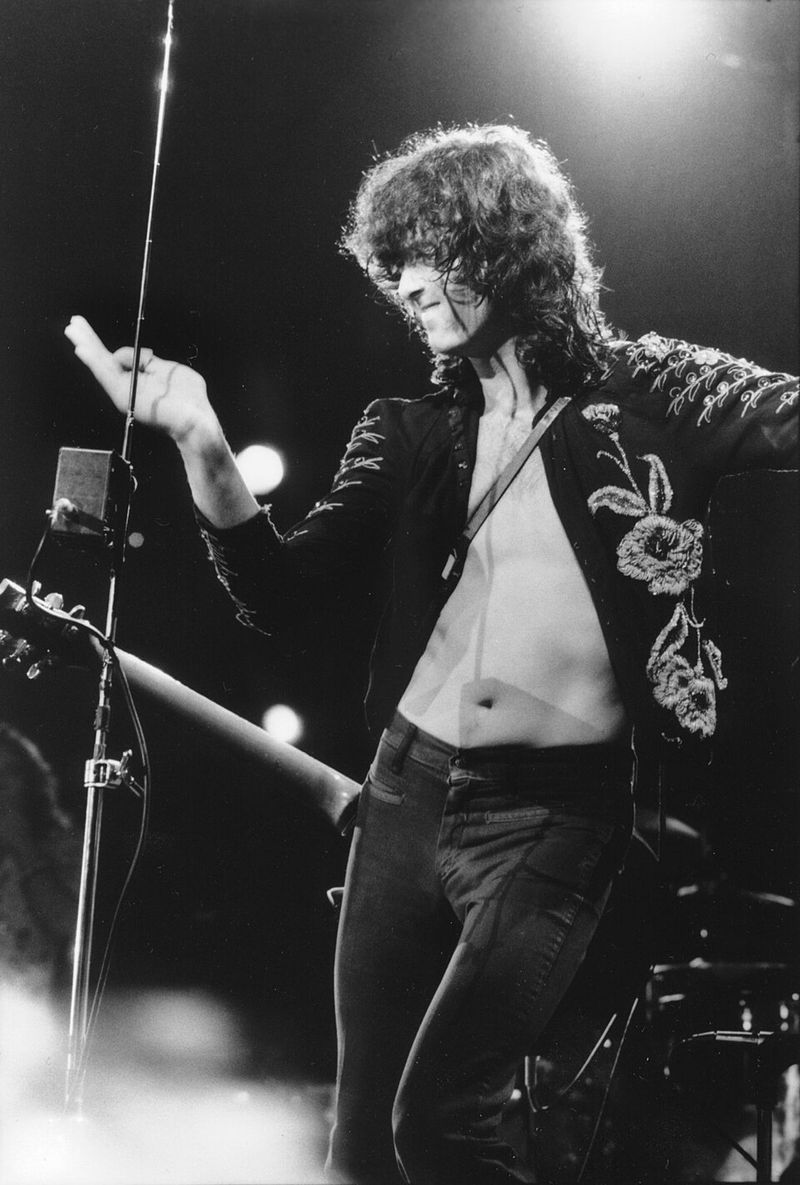
Led Zeppelin’s guitar wizard shares Plant’s exhaustion with their most famous composition. After playing that iconic riff countless thousands of times, Page admitted the song lost its magic.
During interviews, he’s expressed preference for deeper album cuts that showcased his experimental side.
The mystical guitar solo that generations worshipped became routine, even boring, to the man who created it through countless repetitions over fifty years.
7. John Lennon – Let It Be
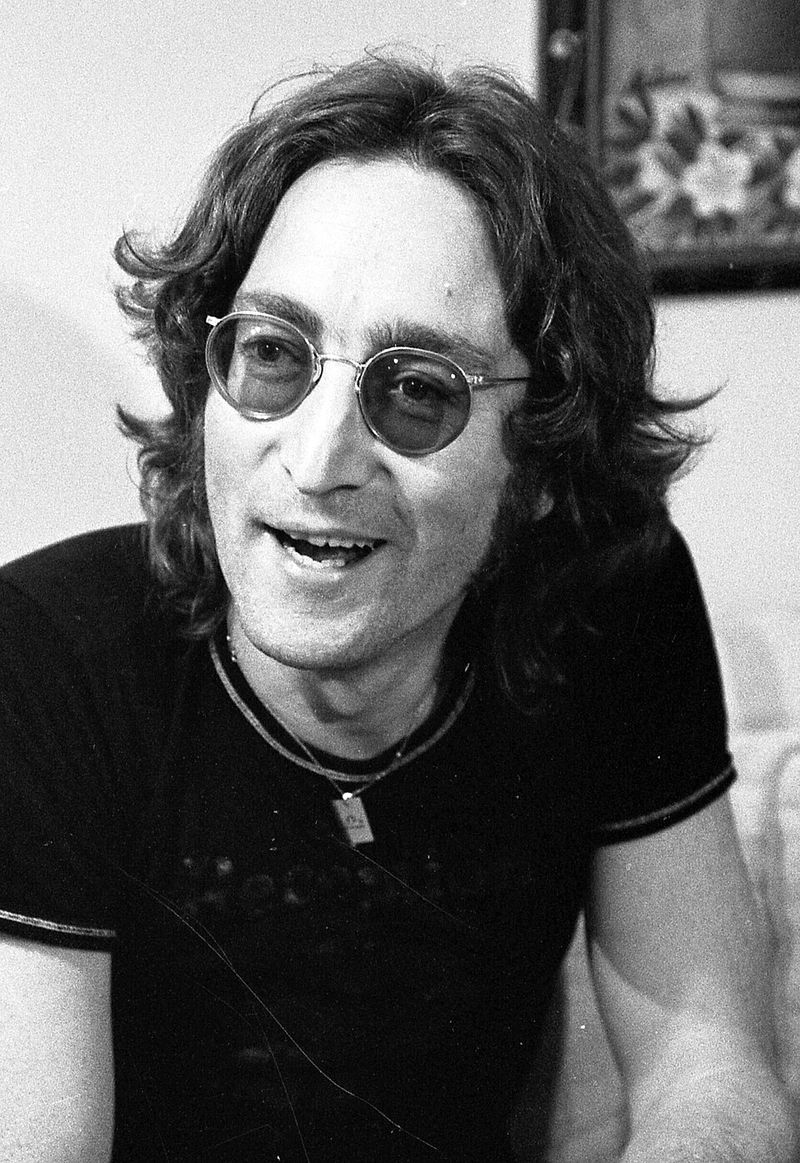
Actually, Lennon’s disdain was more about the production than the song itself. Paul McCartney wrote “Let It Be,” and John felt the final Phil Spector production was overblown and syrupy.
He preferred the stripped-down version and resented how it represented The Beatles’ final chapter.
The tension between band members during this period made the song’s message of peace feel ironic and painful to him personally.
8. Elton John – Crocodile Rock
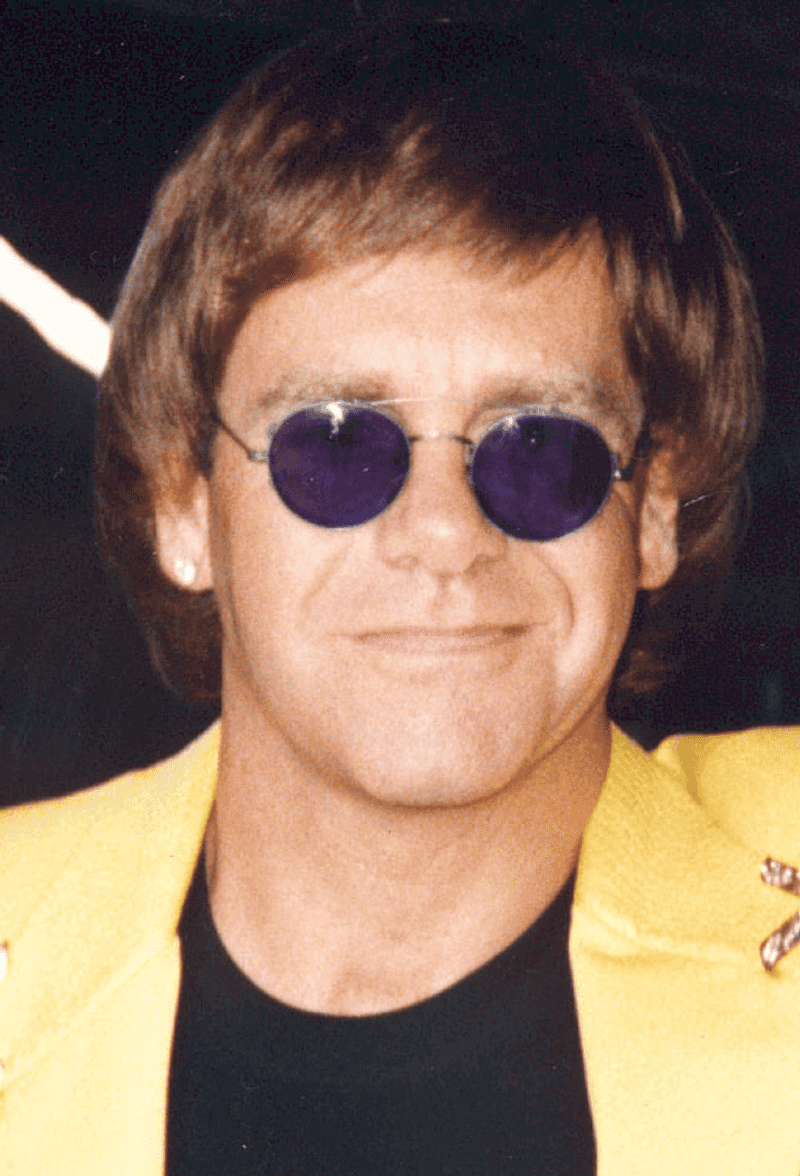
Sir Elton’s bubbly 1972 hit felt too simplistic for his taste. While audiences loved its nostalgic, doo-wop inspired energy, he considered it lightweight compared to his more sophisticated compositions.
He’s described it as “disposable pop” that doesn’t showcase his real musical abilities.
The Rocket Man wanted recognition for his complex arrangements and emotional depth, not just catchy hooks about dancing to oldies.
9. Beck – Loser

Sometimes a joke becomes your identity. Beck recorded “Loser” as a goofy, stream-of-consciousness experiment, never expecting it to define his career.
The slacker anthem’s massive success frustrated him because he’s an incredibly talented, multi-instrumental musician with diverse influences.
Getting pigeonholed as the “Loser” guy felt reductive when he wanted to explore folk, funk, electronic, and experimental sounds throughout his artistic journey.
10. Frank Sinatra – Strangers in the Night
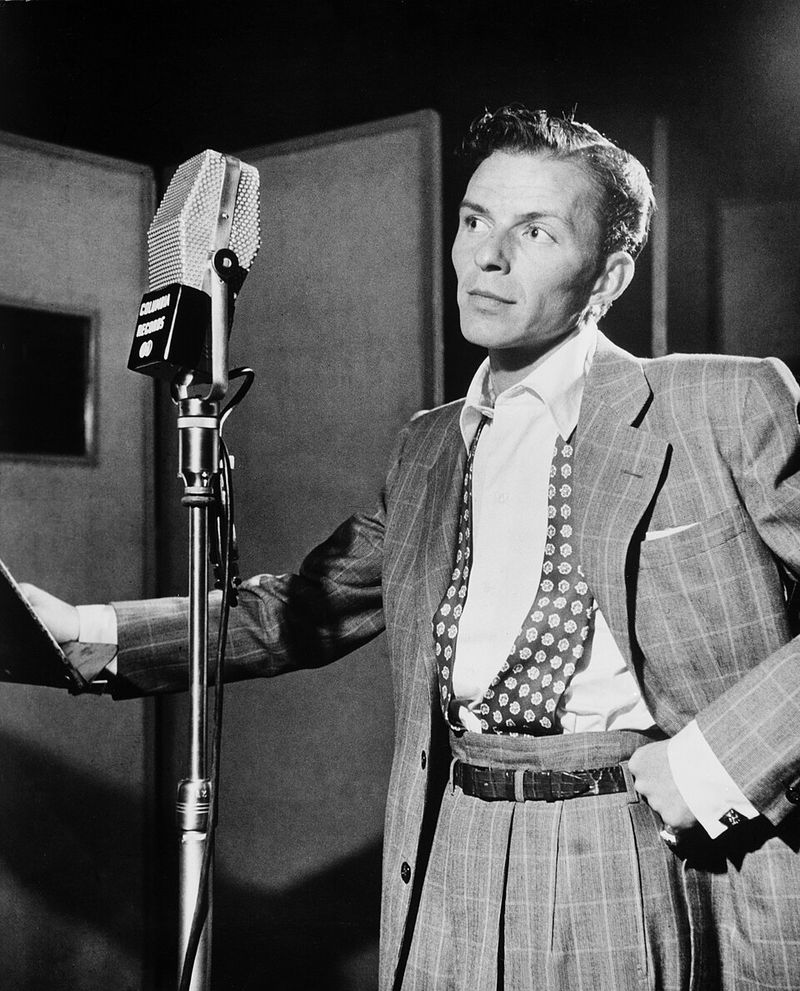
Ol’ Blue Eyes called this song “the worst thing I ever did.” Despite winning him a Grammy, Sinatra found “Strangers in the Night” musically boring and lyrically weak.
He particularly hated the “doo-be-doo-be-doo” ending, which he ad-libbed mockingly during recording.
For someone who interpreted American standards with unmatched sophistication, this lightweight pop tune felt beneath his considerable artistic standards and vocal talents.
11. Chrissie Hynde – Brass in Pocket

The Pretenders’ breakthrough hit embarrassed its own creator. Hynde thought “Brass in Pocket” sounded too poppy and commercial for her punk-influenced sensibilities. She initially didn’t even want to release it!
The song’s success felt like a betrayal of her edgier artistic vision. While it opened doors commercially, she worried it made her band seem less authentic to the underground rock scene she valued.
12. David Bowie – The Laughing Gnome
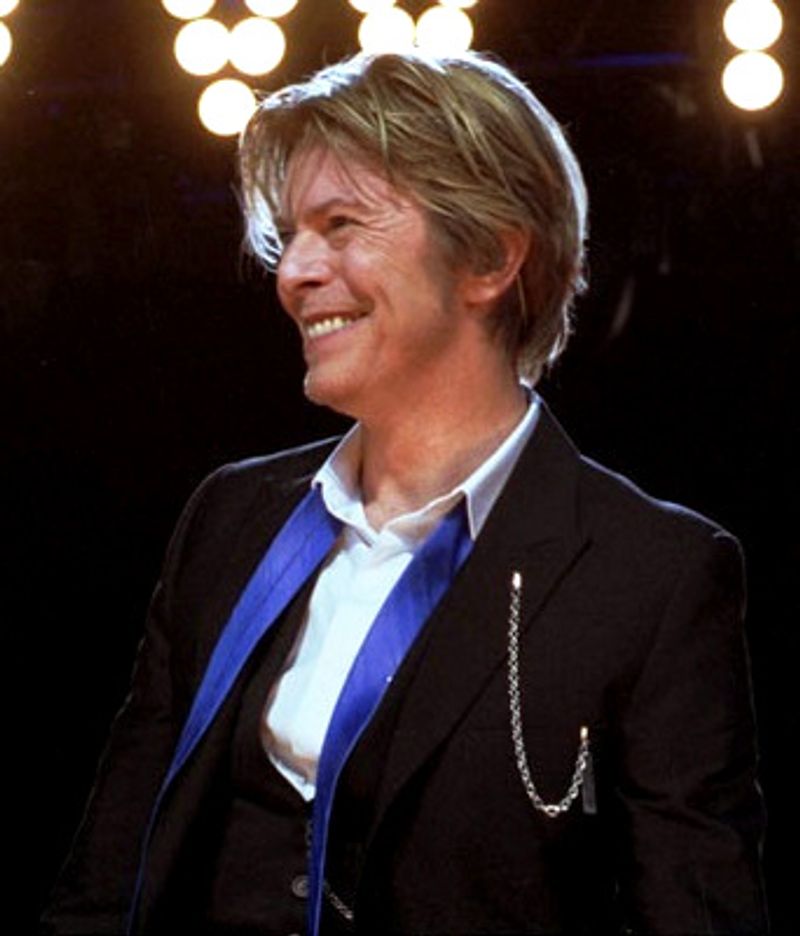
Before Ziggy Stardust, there was… this novelty disaster. Bowie’s 1967 comedy song featured sped-up vocals and terrible puns that haunted him for decades.
He actively tried to bury this embarrassing early work, calling it “awful” and “excruciating.”
When it bizarrely charted years later, the chameleonic artist was mortified that this juvenile joke overshadowed his sophisticated reinventions and groundbreaking artistic contributions.
13. The Rolling Stones – (I Can’t Get No) Satisfaction
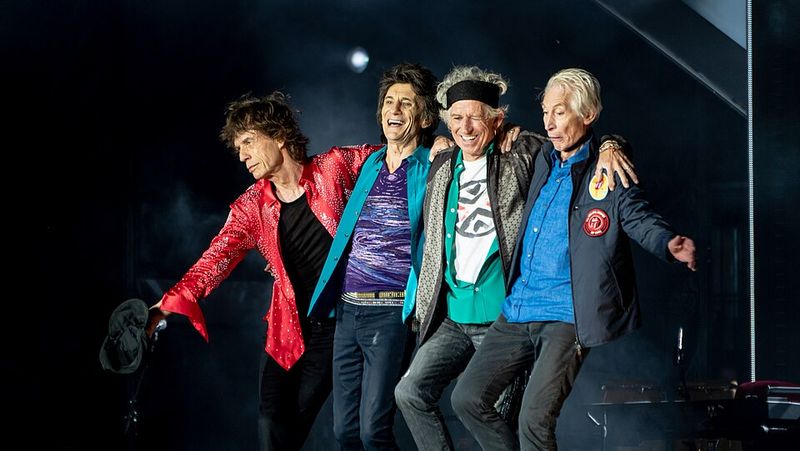
Mick Jagger grew tired of this riff decades ago. While “Satisfaction” defined rock rebellion in 1965, performing it thousands of times drained all spontaneity and excitement.
The Stones wanted to be appreciated for their entire catalog of blues-influenced rock, not just one three-chord protest song about commercialism that ironically became their most commercial asset.
14. Tina Turner – What’s Love Got to Do with It
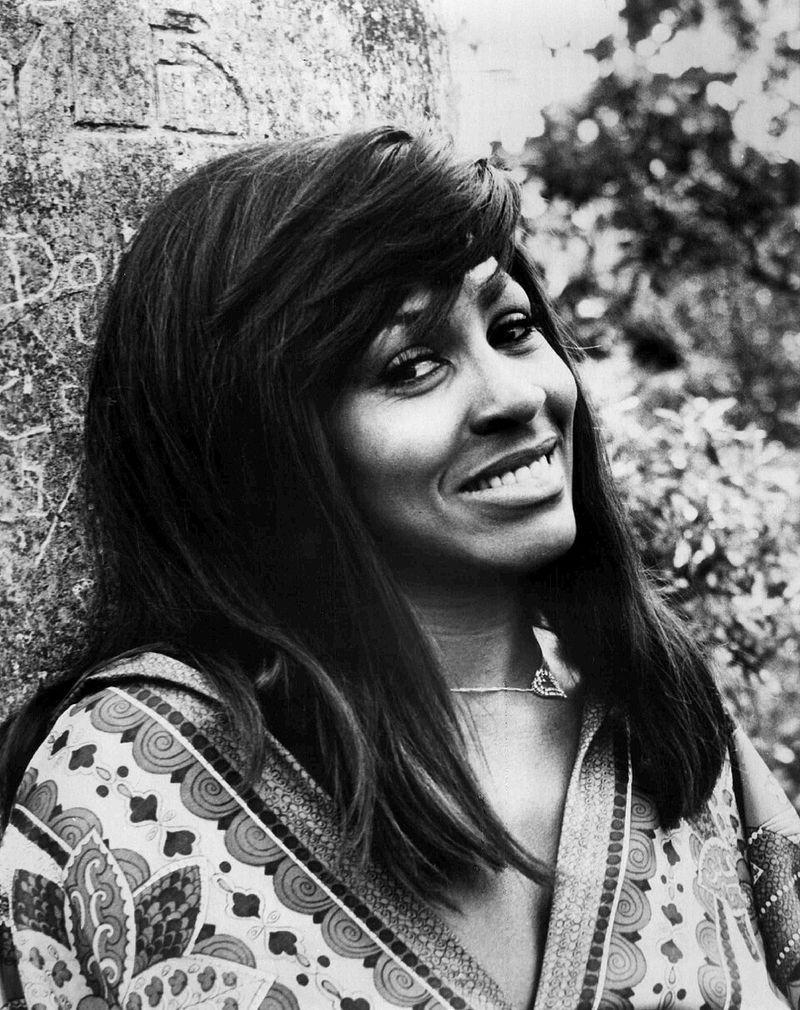
Initially, Tina absolutely hated this song. She thought it sounded too weak and pop-oriented for her powerful rock voice and stage presence.
Her record label had to convince her to record it! While it became her biggest solo hit and career resurrection, she always felt it didn’t showcase her raw, electrifying energy.
The Queen of Rock preferred songs where she could unleash her legendary vocal power fully.
15. Bruce Springsteen – Born in the U.S.A.
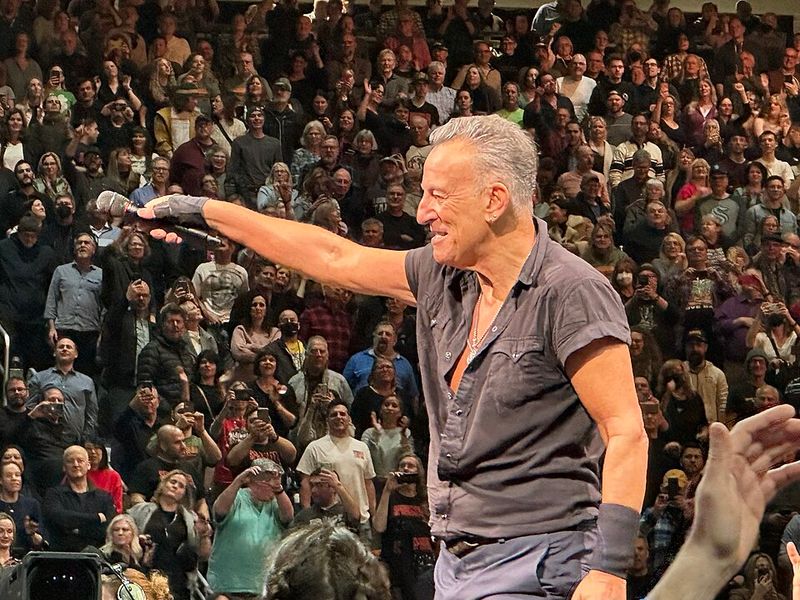
When politicians misused his protest song as a patriotic anthem, The Boss was furious. “Born in the U.S.A.” critiques how America treats veterans, not celebrates blind nationalism.
Springsteen grew frustrated watching people completely miss the point, singing along to a song about disillusionment and betrayal as if it were a party anthem.
The misinterpretation overshadowed the serious social commentary he intended to convey.

